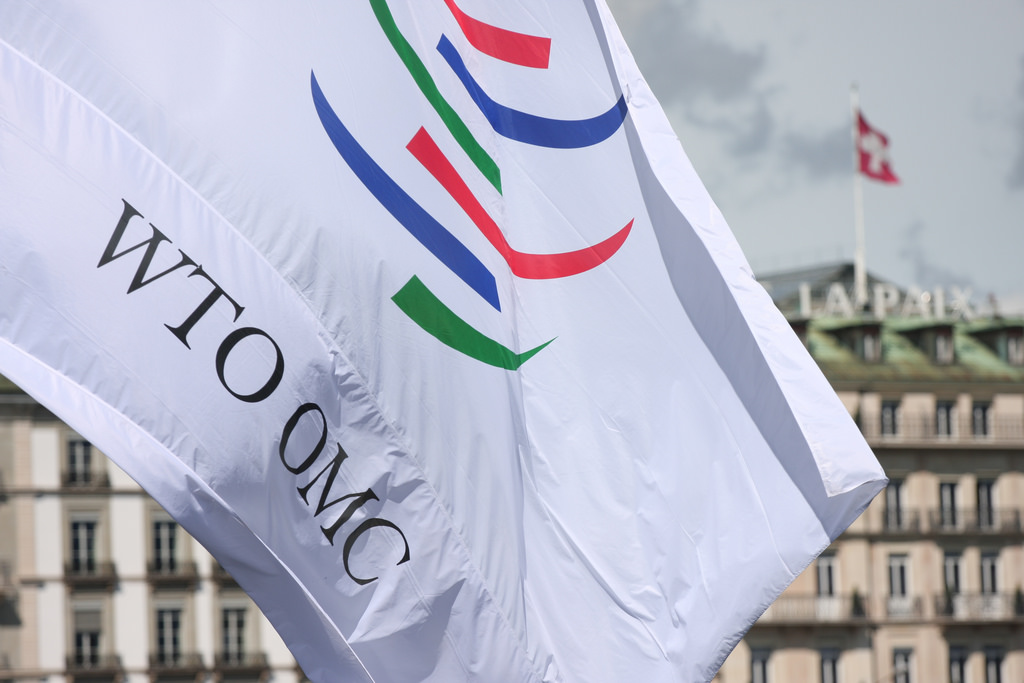Disagreements over how to overhaul WTO could paralyse institution: Canada

Canada's trade minister Jim Carr said Thursday disagreements by major economic powers over how to overhaul the workings of the World Trade Organization could paralyse the institution unless quick changes are agreed. The warning came after a third meeting of trade ministers aimed at reforming the global trade referee, following meetings in Ottawa in October and at the World Economic Forum in Davos, Switzerland, in January.
But as at the previous meetings, neither the US nor China were represented among the 13 ministers trying to hammer our initial proposals for new WTO rules that could later be submitted to the entire organisation. Washington and Beijing are locked in an escalating trade war launched by President Donald Trump, who has accused the WTO of going too easy on China, to the detriment of American businesses.
"We understand that the US has serious reservations about the status quo," Canadian Trade Minister Jim Carr, who chairs the so-called Ottawa Group working on WTO reform, told AFP in Paris. But for months Trump's administration has vented its anger by blocking the nominations of new judges to the WTO's Appellate Body, which settles disputes between members. If the obstruction continues, by December 10 there won't be enough judges for the WTO's Dispute Settlement Body to function. "There is some urgency... to reform," Carr said on the sidelines of the annual ministerial meeting of the Organisation for Economic Cooperation and Development (OECD).
"The question is to find a permanent solution that would satisfy the interests of major economies that have problems with the status quo," he said. "And if we can't find a permanent solution, then Canada is certainly prepared to look at a temporary one." The WTO itself has acknowledged that global trade rules have failed to keep up with the huge economic shifts since its founding in 1995. Agriculture, service sectors and the explosion of border-hopping e-commerce operations in particular are the source of growing frictions between WTO members.
China, which joined the WTO as a "developing country" in 2001, has refused to give up that status despite emerging as a global economic powerhouse in recent years. Trump has blasted Beijing's huge subsidies for state-owned businesses and its demand of technology transfers from foreign companies hoping to gain access to its huge market.
(With inputs from agencies.)
ALSO READ
Switzerland Strives for Legally Binding Trade Pact with U.S.
Switzerland Seeks Legally-Binding Trade Agreement with U.S.
Switzerland Prepares for Permanent U.S. Tariffs Amid Ongoing Trade Tensions
Switzerland to Host AI Summit: Strengthening Global Innovation Ties
Switzerland looking forward to hosting 2027 AI summit in Geneva: Prez Parmelin on sidelines of AI Impact Summit.










